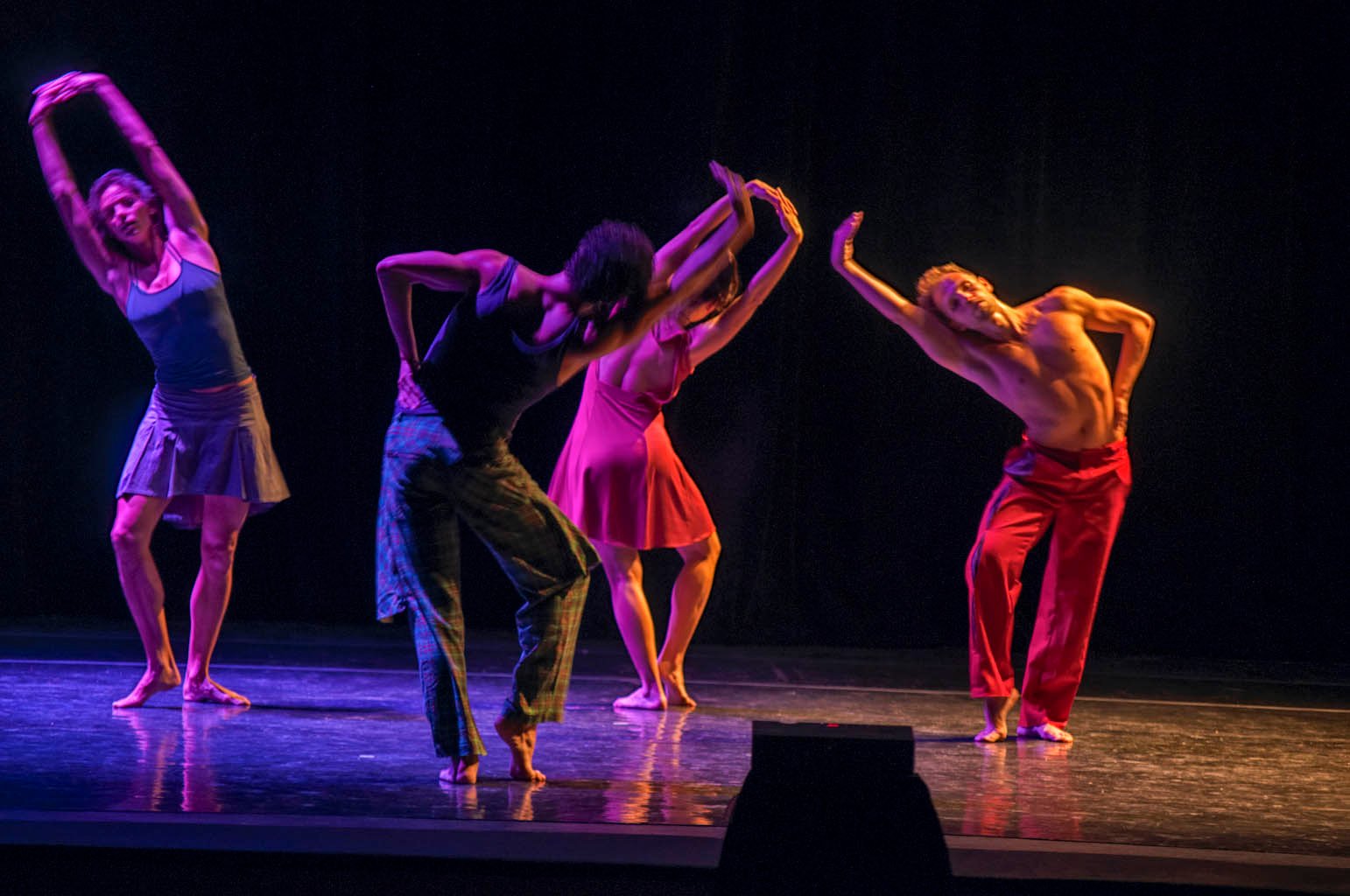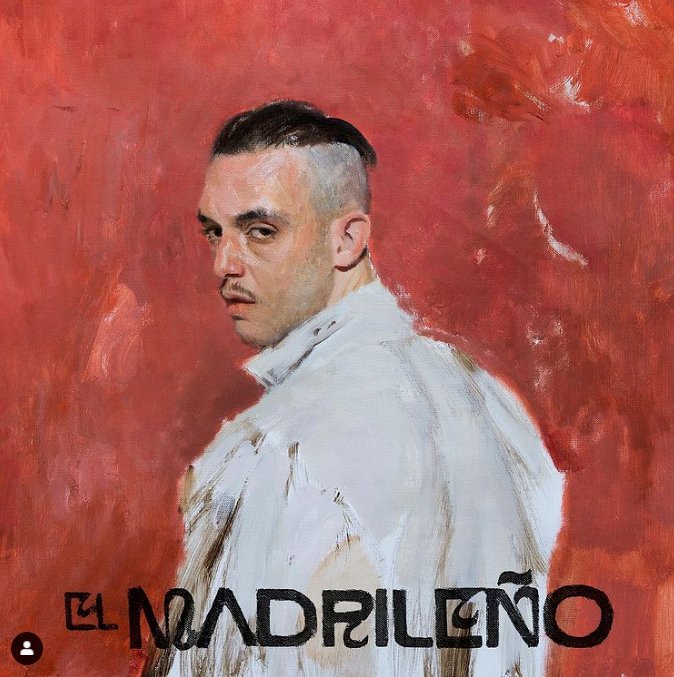
Windows on Chile
By Ana Teresa Benjamín
Photos: Cortesía ProChile, Carlos Gómez
There is something about windows that invites you to look through them and imagine worlds. From inside, they let in light, and if we are lucky, a scenic view. But they usually show us a neighboring wall or the street outside. As living paintings and a source of fresh air, windows are always a call to freedom.
From outside, they are all different. There are wood, glass, and aluminum windows. There are stationary, titling, casement, and sliding windows. In the ancient salt flats of the Atacama Desert, for example, windows are barely openings between the stones, with iron bars supported by a precarious wood frame. In Chile’s Patagonia region, the windows of Puerto Natales consist of immense sheets of glass, the better to absorb all of the spring and summer sunshine.
 Windows, a basic, commonplace architectural element, have becomes subjects for painters like Matisse: against the backdrop of a window, the French artist painted women at rest, women performing their daily tasks, couples chatting, and flowers enjoying the breeze. Chagall and Monet found equal inspiration in windows. One of the most iconic photos by Swiss photographer Robert Frank uses the windows of a streetcar to show segregation in the United States. The shot is included in the book The Americans, a reference for professional photographers and anyone interested in peering through Frank’s merciless lens into life in the United States in the 1950s.
Windows, a basic, commonplace architectural element, have becomes subjects for painters like Matisse: against the backdrop of a window, the French artist painted women at rest, women performing their daily tasks, couples chatting, and flowers enjoying the breeze. Chagall and Monet found equal inspiration in windows. One of the most iconic photos by Swiss photographer Robert Frank uses the windows of a streetcar to show segregation in the United States. The shot is included in the book The Americans, a reference for professional photographers and anyone interested in peering through Frank’s merciless lens into life in the United States in the 1950s.
Windows are the focus here. Five Central American authors write about windows photographed in San Pedro de Atacama and Valparaíso in Chile, or the feelings evoked by windows, regaling us with a mosaic of emotions.
The first to sign on to the project was Nicaraguan writer Sergio Ramírez. He was joined by Guatemalan Ana María Rodas, Panamanian Lil María Herrera, Guna poet Arysteides Turpana, and Salvadoran Miguel Huezo Mixco.
Here are their words.
Naked Nothingness
Sergio Ramírez
 You can’t see the desert from here but this window faces the salt flats, the naked nothingness. A window of rusted iron bars, set into stone, once protected something or someone in this emptiness, where the wind raises a series of sand curtains.
You can’t see the desert from here but this window faces the salt flats, the naked nothingness. A window of rusted iron bars, set into stone, once protected something or someone in this emptiness, where the wind raises a series of sand curtains.
The stones are piled one atop the other without mortar, and the window consists of a wood frame and four bars. Nonetheless, this was once a house, and a house is always a refuge, regardless of whether the stones are little more than a simple pile of rock that defines its own space. The walls enclose and protect, no matter the breadth of helplessness or the depth of loneliness.
Windows are meant to let in air and light: air weighed down with sand, the blinding light of the salt flats, and the ghostly light of the moon on freezing nights. But windows are also meant to be looked through.
Today we see devastation and ruin, but once someone gripped these bars and looked out of this window. Someone arrived, someone left through the sand storms, on foot or on horseback ―who could possibly know? The man stayed, the woman went, or the other way around. But the window is still there, open to the nothingness, a barred eye that continues to peer between the naked rocks, out on to the naked nothingness.
The World Seen from the Balconies of San Pedro de Atacama
Ana María Rodas
 You need a superior imagination to understand how a small town like San Pedro de Atacama gets such an impressive number of visitors year-round, visitors who come seeking, for example, the strangely beautiful vision of paradise formed by a salt flat flanked by coppery dunes that are sometimes veiled by dense clouds. This incredible landscape bakes under the sun’s rays for most of the day.
You need a superior imagination to understand how a small town like San Pedro de Atacama gets such an impressive number of visitors year-round, visitors who come seeking, for example, the strangely beautiful vision of paradise formed by a salt flat flanked by coppery dunes that are sometimes veiled by dense clouds. This incredible landscape bakes under the sun’s rays for most of the day.
Copper and quartz are the jewels of this place and they abound. The inhabitants of San Pedro like to say that their intense enthusiasm for life and their steady happiness flows from the energy emitted by the metal and mineral surrounding them.
San Pedro de Atacama is a marvelous town set in the middle of the driest desert in the world. This makes the Ahlarkapin Observatory the perfect spot for tourists to scan the sky and try to understand the relationship between Pachamama (Mother Earth) and Tata Inti (the Sun). The Observatory Ahlarkapin, just outside San Pedro, is staffed by locals who specialize in astronomy.
The primeval salt flat, a trek through the Valley of the Moon, and the sight of the night sky give visitors an inkling of the birth of life on Earth and in the Universe. This unique experience permeates the souls of visitors, a feeling known to the residents of San Pedro from the time they are born in this untainted place, where the houses are made of the local mud that ranges in color from copper to rose.
The other observatories of San Pedro are the windows, kept open all day, allowing the desert heat to penetrate the dwellings. The windows provide a view of life as it passes by. As can be seen in the photo, the windows are open eyes that have absorbed the blue of the sky at the time of day when the light is dimming to gradually give way to the starry heavens of northern Chile, a wonderful sight that is unique in all the world.
San Pedro de Atacama still sits on the site of one of the first pre-Hispanic settlements in South America. Scientists estimate that it arose around 9000 B.C., and its location near the Andean crossroads between Bolivia and Argentina encouraged the growth of this gorgeous place, which remains faithful to the ancient tradition of the first settlers.
The Story Seeker
Lil María Herrera
 I was conceived inside that window. An unknown force defenestrated me. I came out stunned and stained red, as you would expect. I was thus born on the wind. My wings shook off blood and turned mortal terror into a masquerade.
I was conceived inside that window. An unknown force defenestrated me. I came out stunned and stained red, as you would expect. I was thus born on the wind. My wings shook off blood and turned mortal terror into a masquerade.
Now I no longer fly; I am free, but without wings. I carry them in my mind. I walk in the air with the surefootedness of an experienced trapeze artist. I walk on a sloping high-voltage wire, playing and jumping up in slow motion, toward the window.
As soon as I approach, ready to leap inside with a grimace of a smile, I slide into a light sleep, in search of the stories that the window can barely make out in the distance. I am its spectacles. I bring the stories near with my voice.
I come back in my dark shining suit. I use the jet black to put my stories to bed, I wake them up, I tell them. I tell them —with laughable formality— to that space that extends inward from the frame as a darkness in which home dwells, and that extends outward from the frame to a cloudy sky that swallows me.
Ports
Arysteides Turpana
 There are places made for rest and dreams. Ports are for rest and dreams, which is why indefatigable globetrotters seek them out for the hours of rest they did not enjoy in other places or other times.
There are places made for rest and dreams. Ports are for rest and dreams, which is why indefatigable globetrotters seek them out for the hours of rest they did not enjoy in other places or other times.
During their fanciful voyages, indefatigable globetrotters walk gingerly along the blue carpet of the vault of heaven, and their velvety feet leave prints on the soft clouds that rest on the gently undulating mountains, in whose bosom sleep the cities of the ports.
Ports are safe places, which is why the sea always seems a vast tranquil expanse that spreads across the pupils of indefatigable globetrotters. In truth, the vast tranquil expanse is no more than the reflection of the tranquil souls of indefatigable globetrotters, which even the playful wind cannot corrugate into waves; only the boats trailing wakes behind them can do so, like poets inventing metaphors.
Ports are made for rest and dreams.
The Storm Left a Trace of Chaos
Miguel Huezo Mixco
 The storm passed through and left a trace of chaos. The leaves of a fallen tree that trembles in the wind sail on the flood like small yellow boats with no crew and no oars. I envision that, among the greenish-black crags of the mountain before me, the water runs through the woods to create foaming waterfalls that crash through green chasms.
The storm passed through and left a trace of chaos. The leaves of a fallen tree that trembles in the wind sail on the flood like small yellow boats with no crew and no oars. I envision that, among the greenish-black crags of the mountain before me, the water runs through the woods to create foaming waterfalls that crash through green chasms.
But are those shapeless masses I see in the air mountains or clouds?
Here I feel like a stranger invading a cloud. I arrived at the wrong time, a little lost. I struggled up the stairs. I turned the key. I pushed the door with my shoulder and it yielded. The room was dark. A lightning bolt flashed across the square of the window. In a matter of seconds, the rain hurled down fiercely with its spectacle of light and thunder, and did not stop until morning.
If I were to open the window, I could see the landscape —groves, hills, mountains— that begins to materialize beyond the window fogged by my breath and the freezing morning air. The crude houses, their peeling walls. The people coming and going under the trees.
I won’t do it.



